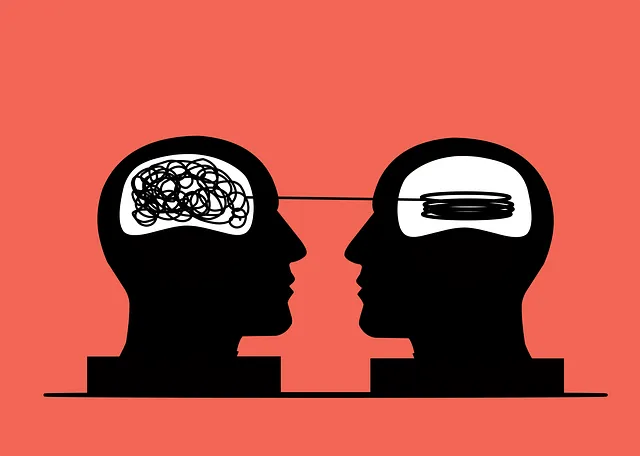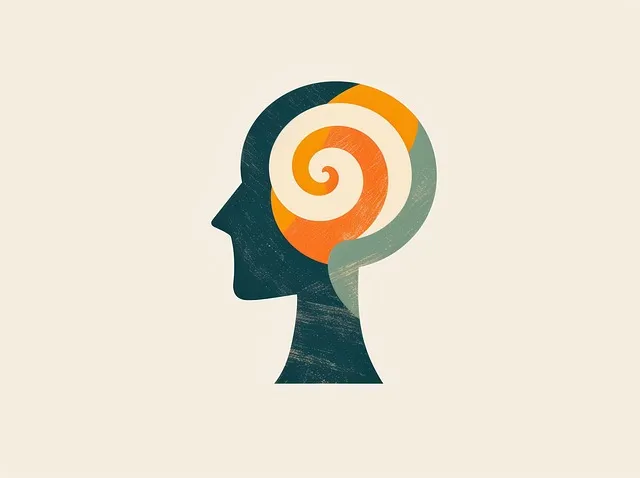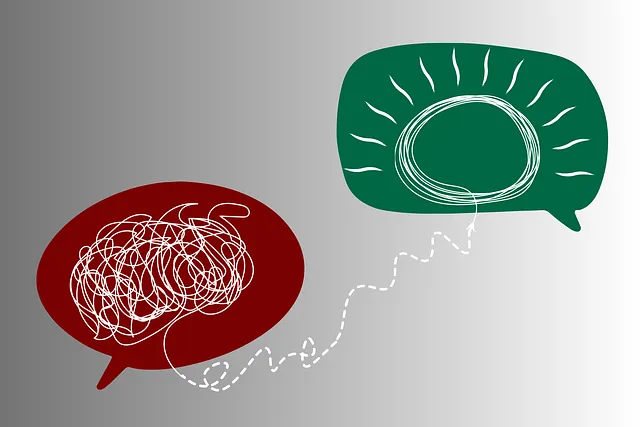In today's diverse healthcare landscape, cultural competency is crucial, especially at the Kaiser Permanente Mental Health Access Center Northglenn. This center leads the way in enhancing cultural sensitivity through comprehensive training programs that address language barriers, differing treatment expectations, and historical traumas. Their innovative workshops blend theoretical knowledge with practical exercises like role-plays to equip mental health professionals with personalized care skills. The center evaluates success through data-driven assessments of patient satisfaction, treatment adherence, and referral rates, ensuring continuous improvement in culturally responsive mental healthcare services for diverse communities.
Healthcare provider cultural competency training is a vital aspect of modern practice, ensuring quality care for diverse populations. This article explores the critical need for such training, focusing on the role of Kaiser Permanente Mental Health Access Center Northglenn as a leader in this domain. We discuss barriers to providing cultural care, effective training strategies, and methods for measuring success. By examining these key areas, we aim to enhance understanding and improve patient outcomes, particularly within the context of organizations like Kaiser Permanente.
- Understanding Cultural Competency in Healthcare: A Necessity in Modern Practice
- The Role of Kaiser Permanente Mental Health Access Center Northglenn in Training
- Identifying Barriers: Challenges in Providing Cultural Care for Diverse Populations
- Effective Strategies for Cultural Competency Training Programs
- Measuring Success: Evaluating the Impact and Outcomes of Cultural Competency Education
Understanding Cultural Competency in Healthcare: A Necessity in Modern Practice

In today’s diverse healthcare landscape, cultural competency is no longer an optional skill but a necessity. This concept involves understanding and respecting different cultural beliefs, values, and behaviors to provide quality care to patients from various backgrounds. As institutions like Kaiser Permanente Mental Health Access Center in Northglenn serve diverse communities, training in cultural competency becomes vital. It equips healthcare providers with the knowledge and skills to overcome potential barriers, ensuring that every patient receives personalized, effective treatment.
Cultural sensitivity is especially crucial when addressing mental health concerns, such as depression prevention and anxiety relief. The Mental Health Policy Analysis and Advocacy plays a significant role in shaping services to be more accessible and responsive to diverse cultural needs. By integrating these efforts, healthcare providers can foster trust and improve outcomes for all patients, regardless of their cultural identity.
The Role of Kaiser Permanente Mental Health Access Center Northglenn in Training

The Kaiser Permanente Mental Health Access Center Northglenn plays a pivotal role in advancing cultural competency within the healthcare sector. This center is dedicated to providing comprehensive training programs that cater to the diverse needs of the community, reflecting the rich tapestry of cultural backgrounds among patients. Through innovative workshops and educational sessions, they impart crucial skills in Cultural Sensitivity in Mental Healthcare Practice, enabling professionals to offer more personalized and compassionate care.
The center’s initiatives focus on the Mind Over Matter Principles, emphasizing the power of mental resilience and emotional well-being. They foster an environment where healthcare providers learn Compassion Cultivation Practices, allowing them to connect with patients from various cultural perspectives. By doing so, the Kaiser Permanente Mental Health Access Center Northglenn ensures that mental healthcare services are accessible and culturally responsive, addressing the unique challenges faced by diverse communities.
Identifying Barriers: Challenges in Providing Cultural Care for Diverse Populations

In addressing the challenges of providing cultural care for diverse populations, healthcare providers often encounter barriers that impede effective treatment and support. One significant hurdle is the lack of awareness and understanding about various cultural beliefs, values, and practices, which can lead to miscommunication and mistrust. For instance, at Kaiser Permanente’s Mental Health Access Center in Northglenn, disparities have been observed in access to mental health services among different ethnic and cultural groups. This may stem from factors like language barriers, differing expectations of treatment, or historical traumas that affect healthcare-seeking behaviors.
Furthermore, cultural competency training is essential for building bridges between providers and diverse communities. By enhancing Mental Health Awareness and promoting techniques for Mood Management, healthcare professionals can foster a sense of safety and confidence among patients from various backgrounds. Through these efforts, the Kaiser Permanente center aims to revolutionize mental health care, ensuring that all individuals receive culturally sensitive support tailored to their unique needs, ultimately boosting their overall well-being.
Effective Strategies for Cultural Competency Training Programs

Effective cultural competency training programs for healthcare providers should incorporate diverse strategies to foster meaningful learning and engagement. One such approach is the integration of real-world scenarios, allowing participants to navigate complex patient interactions that reflect the complexities of their practice settings, including mental health facilities like Kaiser Permanente’s Northglenn access center. By simulating these situations, trainees can develop essential social skills training while exploring potential challenges and solutions in a controlled environment.
Additionally, combining theoretical knowledge with practical exercises enhances learning outcomes. Programs that include workshops, group discussions, and interactive role-plays enable participants to delve into the nuances of different cultural perspectives, fostering empathy and improving communication skills. This holistic approach, such as Inner Strength Development techniques, not only prepares healthcare providers for diverse patient populations but also equips them with burnout prevention strategies necessary for long-term success in their professions, especially when caring for individuals seeking mental health services.
Measuring Success: Evaluating the Impact and Outcomes of Cultural Competency Education

Evaluating the success of cultural competency training is vital to understanding its impact on healthcare delivery and patient outcomes. At Kaiser Permanente Mental Health Access Center Northglenn, for instance, progress is measured through a multifaceted approach. This includes pre- and post-training assessments to gauge knowledge gain and attitude shifts among staff. Additionally, they track key performance indicators (KPIs) such as patient satisfaction ratings, treatment adherence, and referral rates within diverse communities.
By comparing these metrics before and after training, the center can demonstrate concrete improvements in cultural competency. This data-driven approach enables them to identify successful strategies for integrating mental health services into diverse communities, ensuring better access to care for all patients. Moreover, continuous evaluation allows for adjustments to training curricula, addressing areas that still need improvement and enhancing overall Mental Health Awareness and Anxiety Relief efforts through their Community Outreach Program Implementation.
Cultural competency training is no longer an option but a necessity in modern healthcare, as evidenced by the innovative programs at the Kaiser Permanente Mental Health Access Center Northglenn. By addressing barriers and implementing effective strategies, healthcare providers can significantly improve their ability to serve diverse populations. Measuring success through rigorous evaluation ensures these programs are making a tangible impact, fostering more inclusive and accessible care for all.






